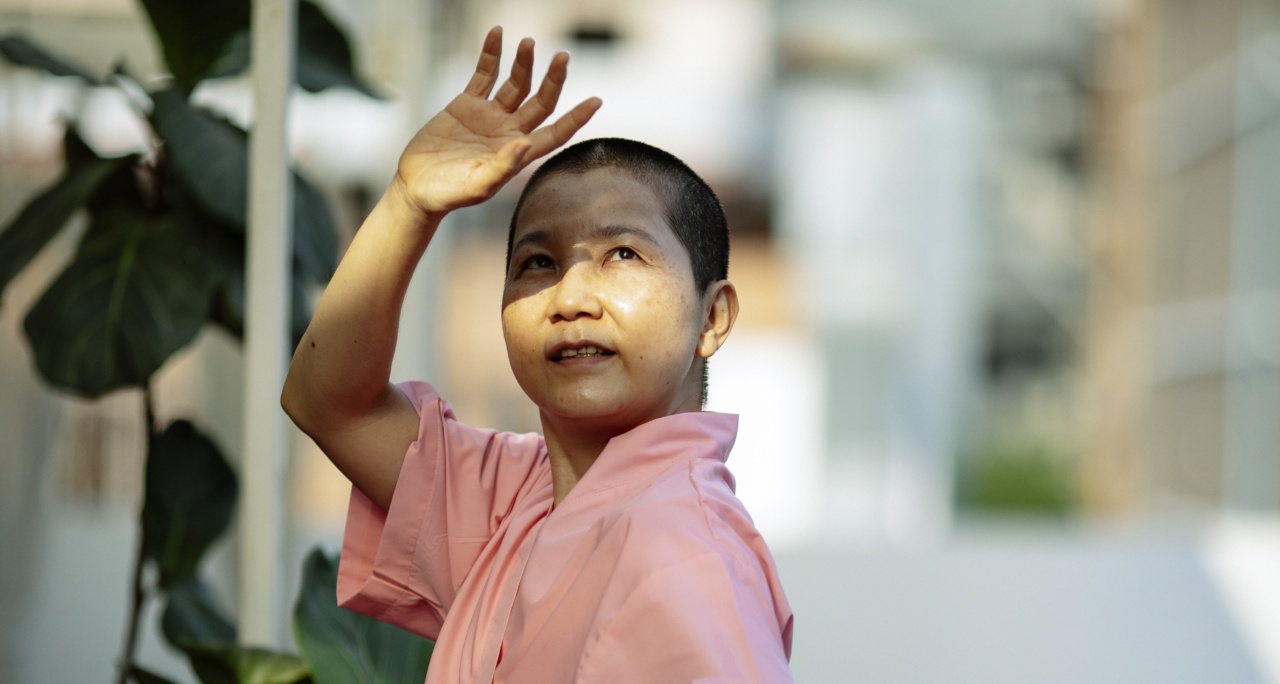Cancer is a devastating disease that affects millions of people around the world. While there is no surefire way to prevent cancer completely, there are certain steps you can take to reduce your risk.
In this article, we will discuss some crucial cancer prevention tips that you need to be aware of. By following these tips, you can help lower your risk and lead a healthier lifestyle.
1. Quit Smoking
Smoking tobacco is one of the leading causes of cancer. It increases the risk of numerous types of cancer, including lung, mouth, throat, esophagus, pancreas, bladder, kidney, and cervix.
Quitting smoking is the single most essential step you can take to prevent cancer and improve your overall health. Seek support from friends, family, or a healthcare professional to assist you in your journey towards a smoke-free life.
2. Limit Alcohol Consumption
Excessive alcohol consumption is associated with an increased risk of several types of cancer, including liver, breast, colon, and lung cancer. It is essential to limit your alcohol intake to reduce your cancer risk.
For women, it is recommended to have no more than one drink per day, while men should limit themselves to two drinks per day.
3. Maintain a Healthy Weight
Being overweight or obese can significantly increase your risk of developing certain types of cancer, such as breast, colorectal, pancreatic, kidney, and endometrial cancer.
Maintaining a healthy weight through a balanced diet and regular exercise is crucial for cancer prevention. Aim to include more fruits, vegetables, whole grains, and lean proteins in your diet while reducing your intake of high-calorie and processed foods.
4. Stay Physically Active
Regular physical activity plays a vital role in cancer prevention. Aim for at least 30 minutes of moderate exercise most days of the week. Engage in activities like brisk walking, jogging, cycling, swimming, or dancing.
Physical activity not only helps in maintaining a healthy weight but also reduces the risk of breast, colon, lung, and endometrial cancer.
5. Protect Your Skin
Exposure to harmful ultraviolet (UV) rays from the sun or tanning beds increases the risk of skin cancer. Protect your skin by wearing sunscreen with an SPF of 30 or higher, seeking shade between 10 a.m.
and 4 p.m., and wearing protective clothing, such as hats and sunglasses. Regularly check your skin for any changes or abnormalities and consult a dermatologist if you notice anything suspicious.
6. Practice Safe Sun Habits
In addition to protecting your skin, practicing safe sun habits can further reduce your risk of skin cancer. Avoid tanning beds, as they emit harmful UV radiation. Opt for self-tanning products or spray tans if you desire a bronzed look.
Remember to seek shade and cover exposed skin when spending time outdoors, especially during peak sun hours.
7. Eat a Balanced Diet
A diet rich in fruits, vegetables, whole grains, and lean proteins can help lower your risk of cancer.
These foods are packed with essential vitamins, minerals, and antioxidants that support your body’s immune system and help protect against cancer-causing cells. Aim to incorporate a variety of colorful fruits and vegetables into your meals to maximize their cancer-fighting potential.
8. Stay Hydrated
Drinking an adequate amount of water is essential for overall health, including cancer prevention. Water helps flush toxins out of your body and supports the proper functioning of your organs.
Aim to drink at least eight glasses of water per day and more if you live in a hot climate or engage in intense physical activity.
9. Get Regular Check-ups
Regular check-ups and screenings can help detect cancer at an early stage or identify potential risk factors. Consult your healthcare provider to determine which screenings are appropriate for your age, sex, and medical history.
Common cancer screenings include mammograms, Pap smears, colonoscopies, and skin exams.
10. Manage Stress
Chronic stress can have a negative impact on your overall health, including an increased risk of cancer.
Find healthy ways to manage stress, such as practicing mindfulness meditation, engaging in hobbies, spending time with loved ones, or seeking professional help if needed. Take time for self-care and ensure you prioritize your mental and emotional well-being.






























